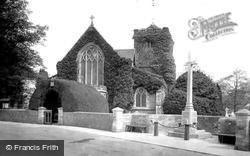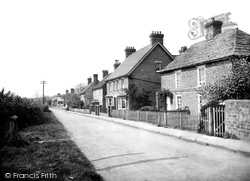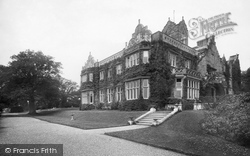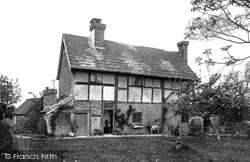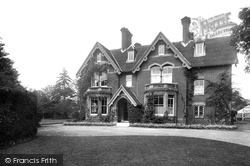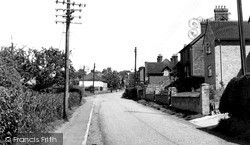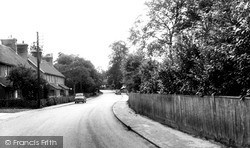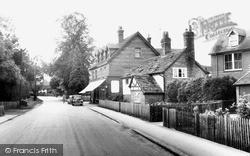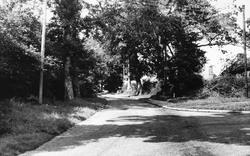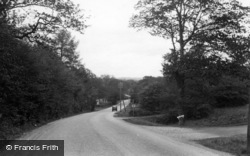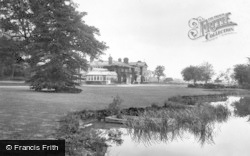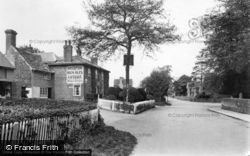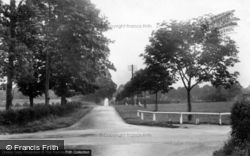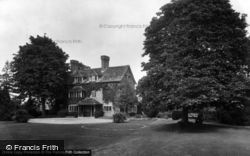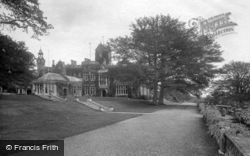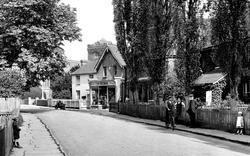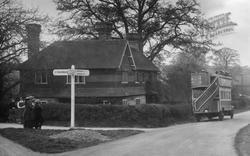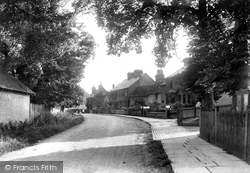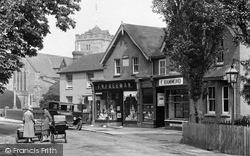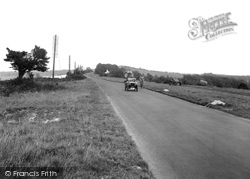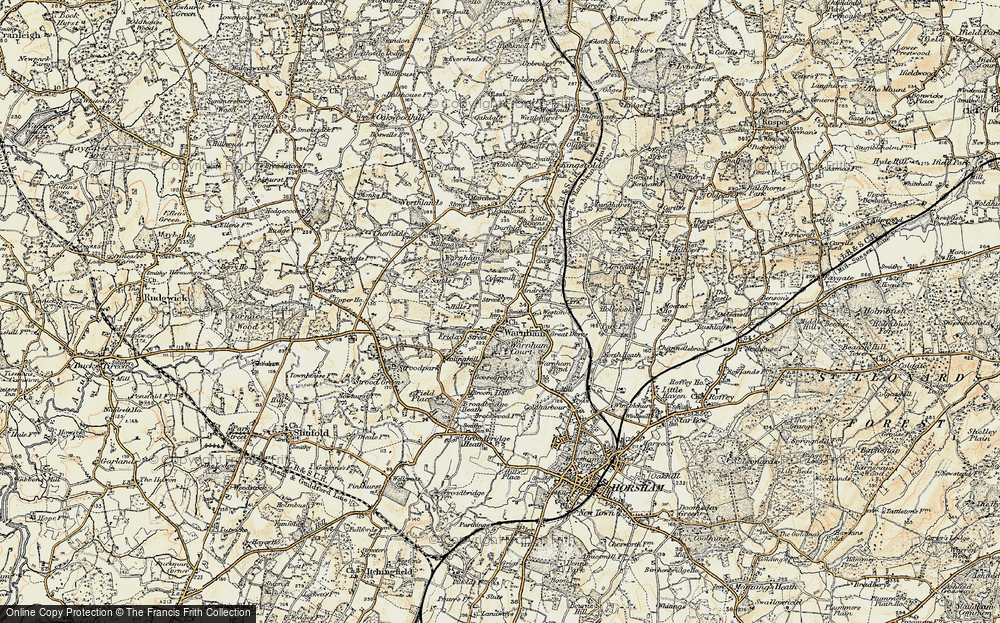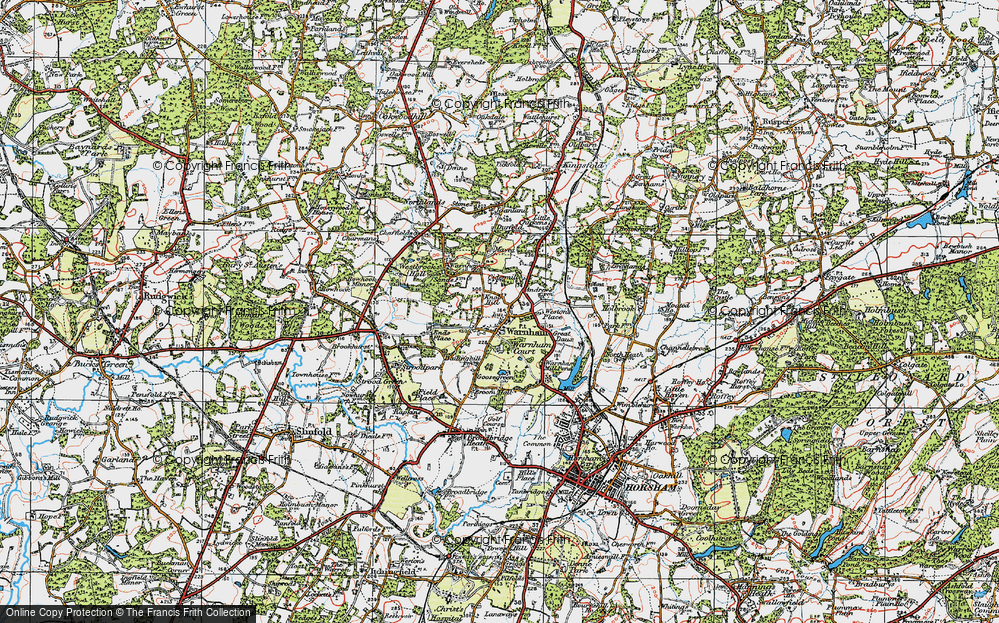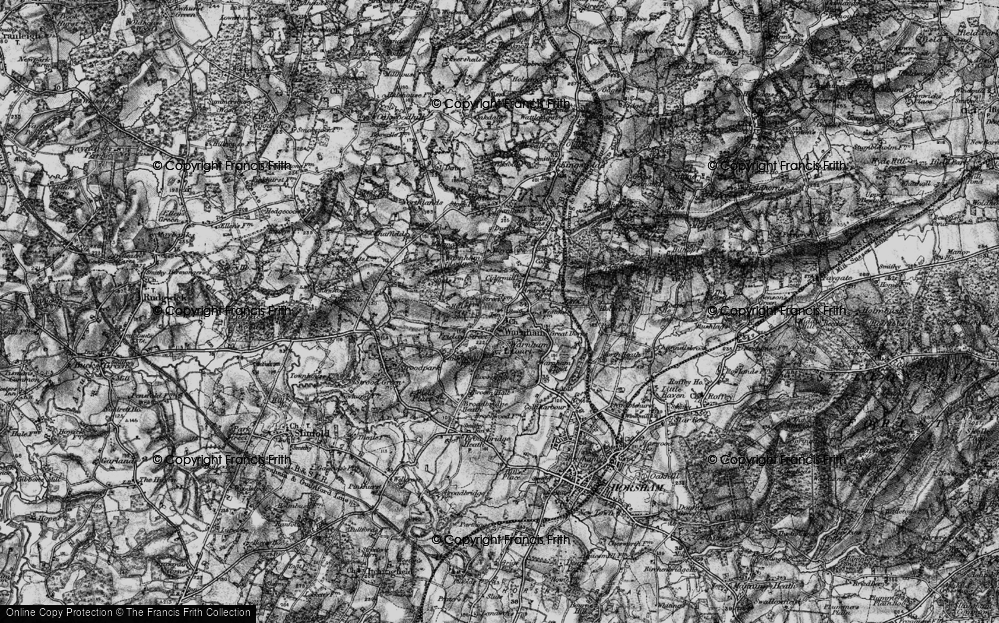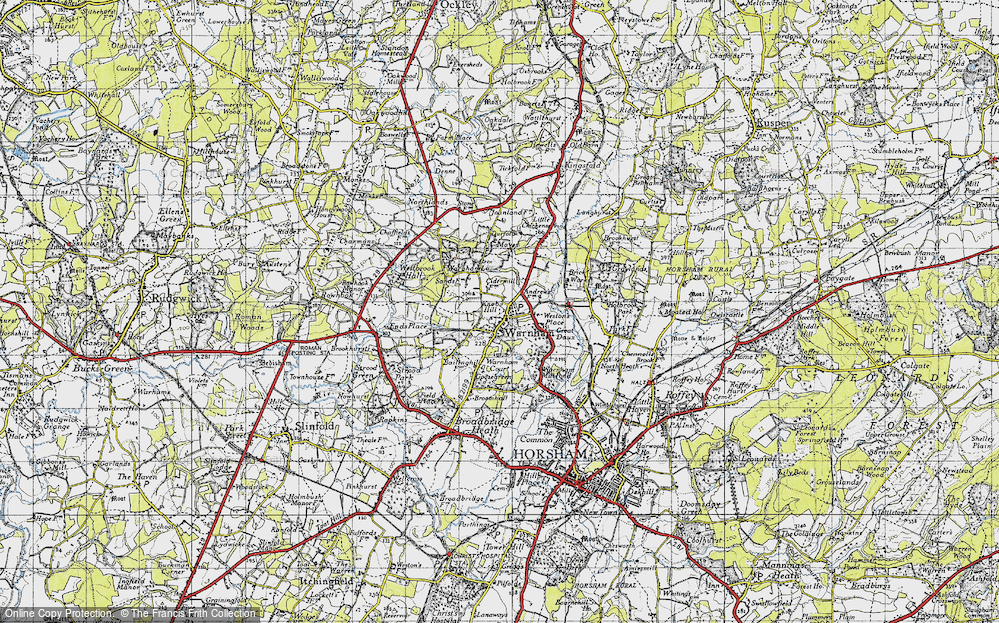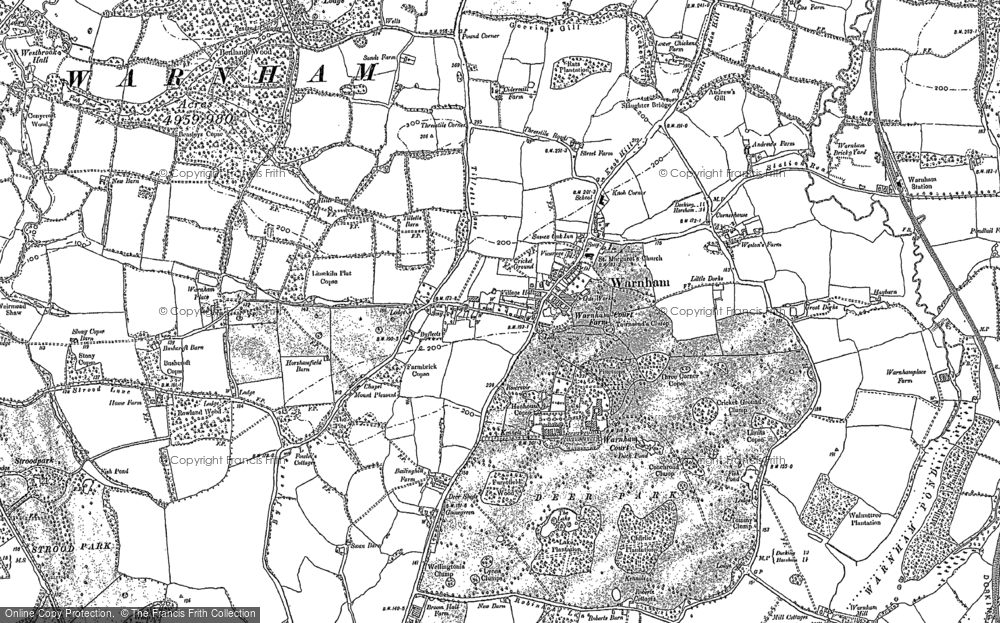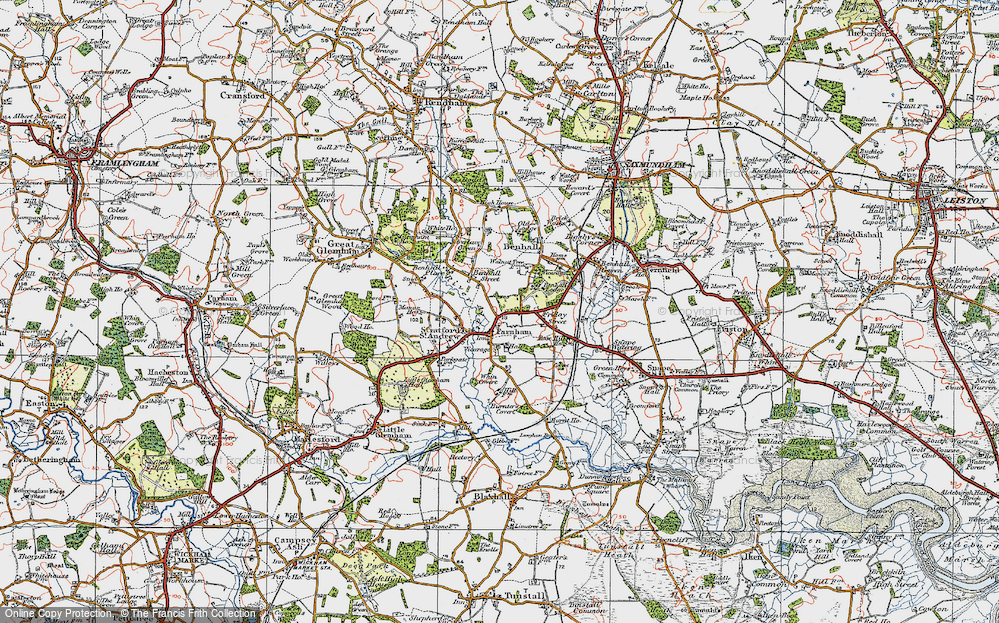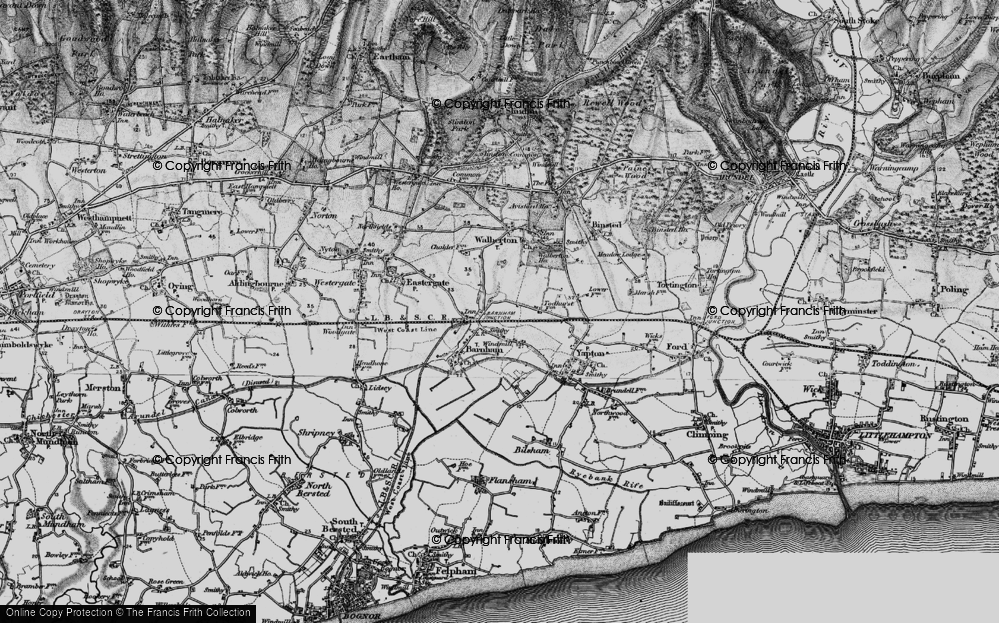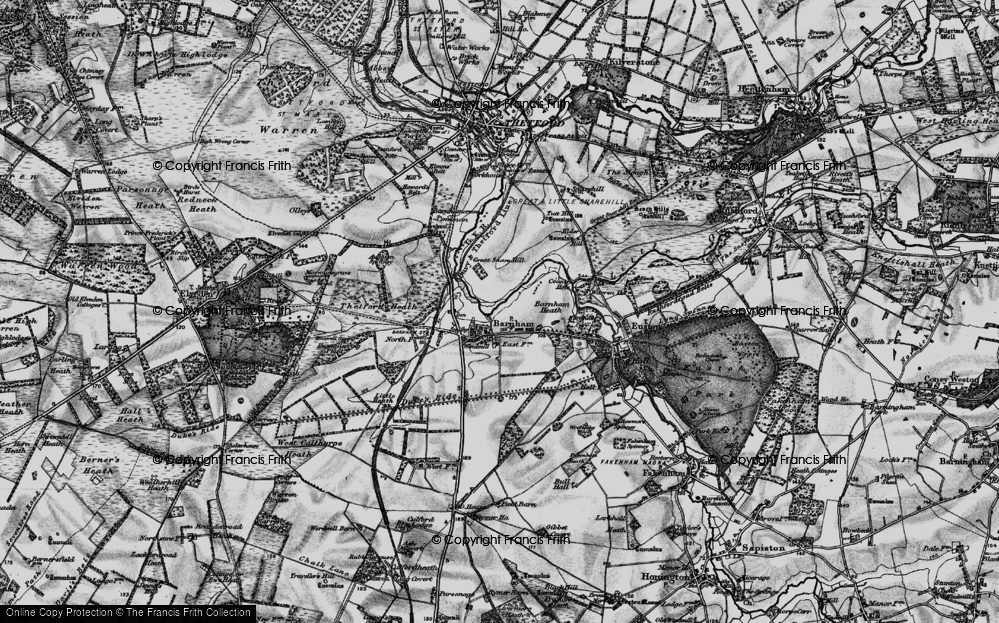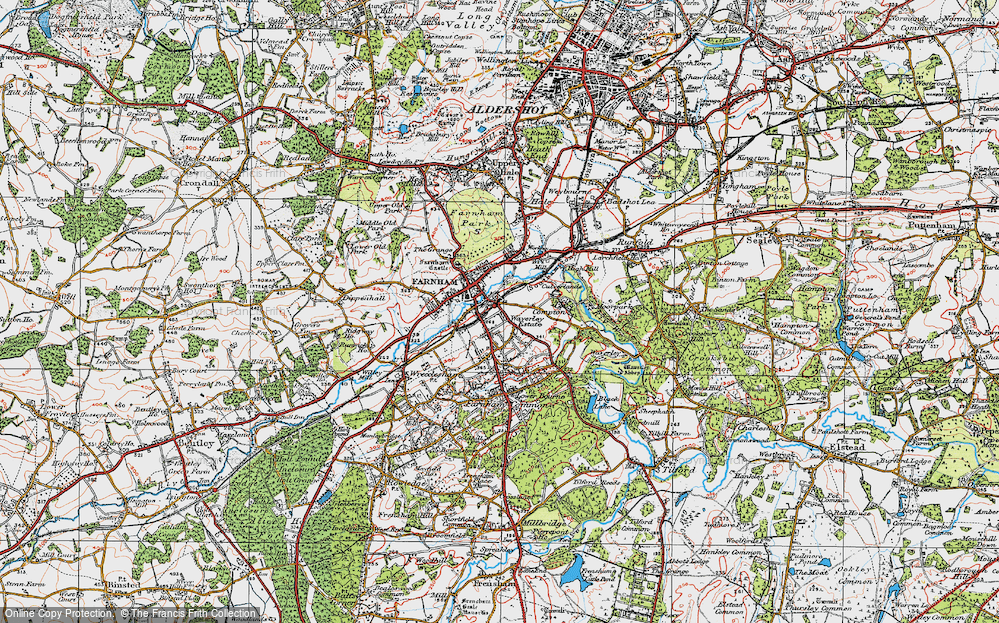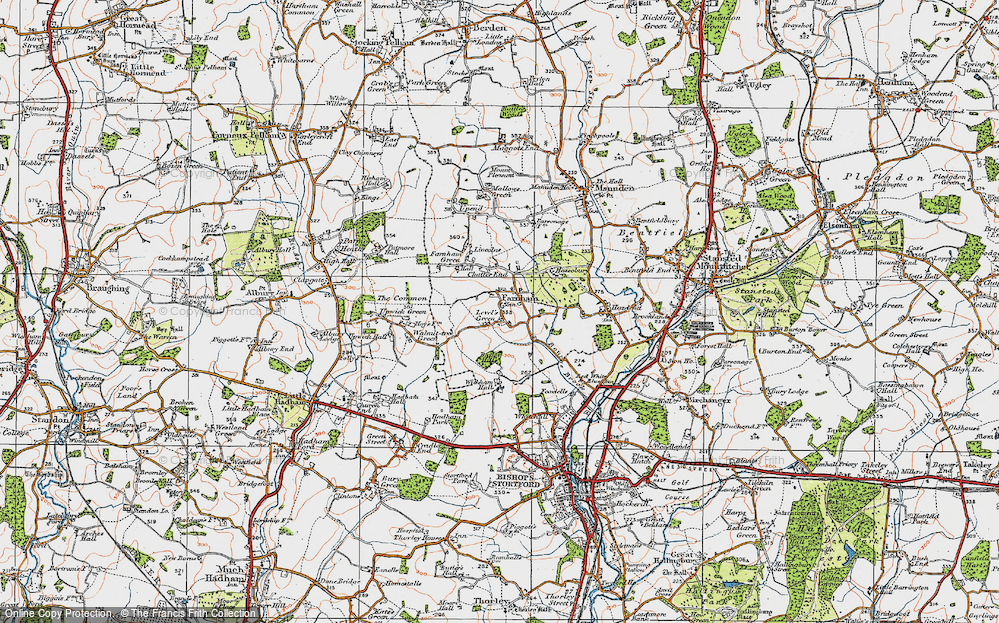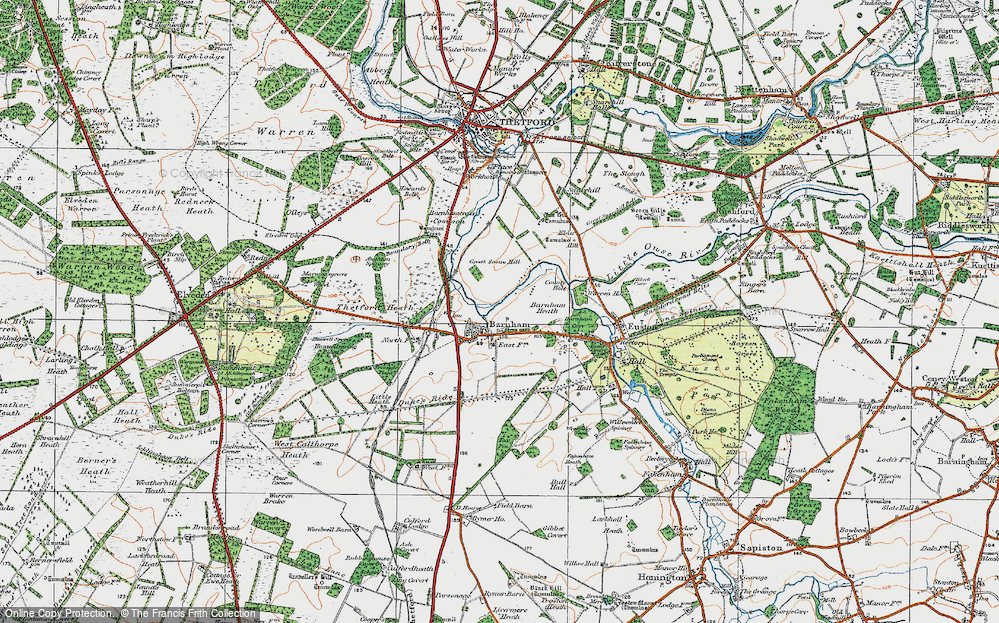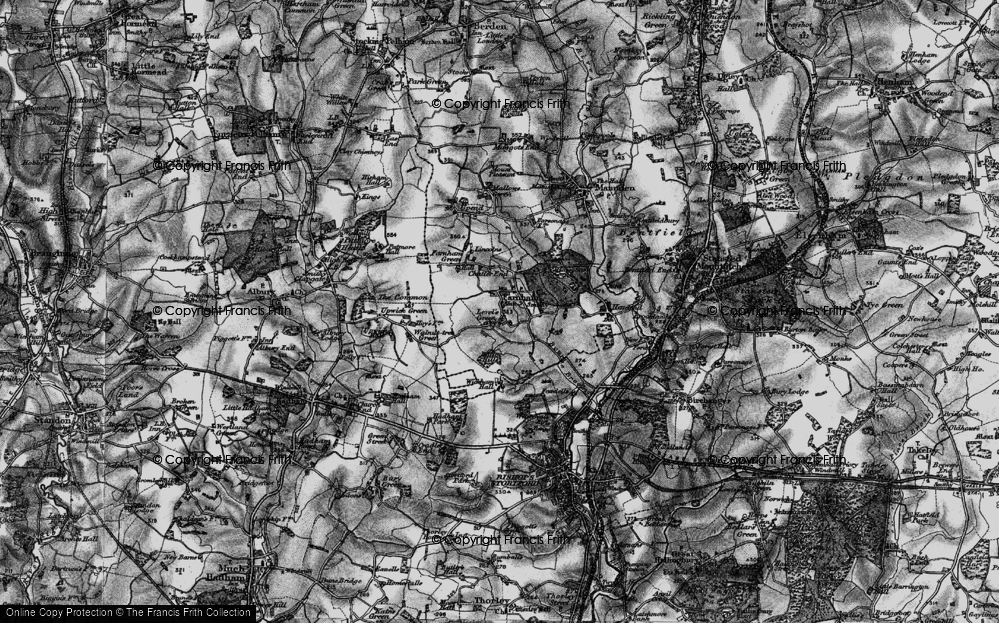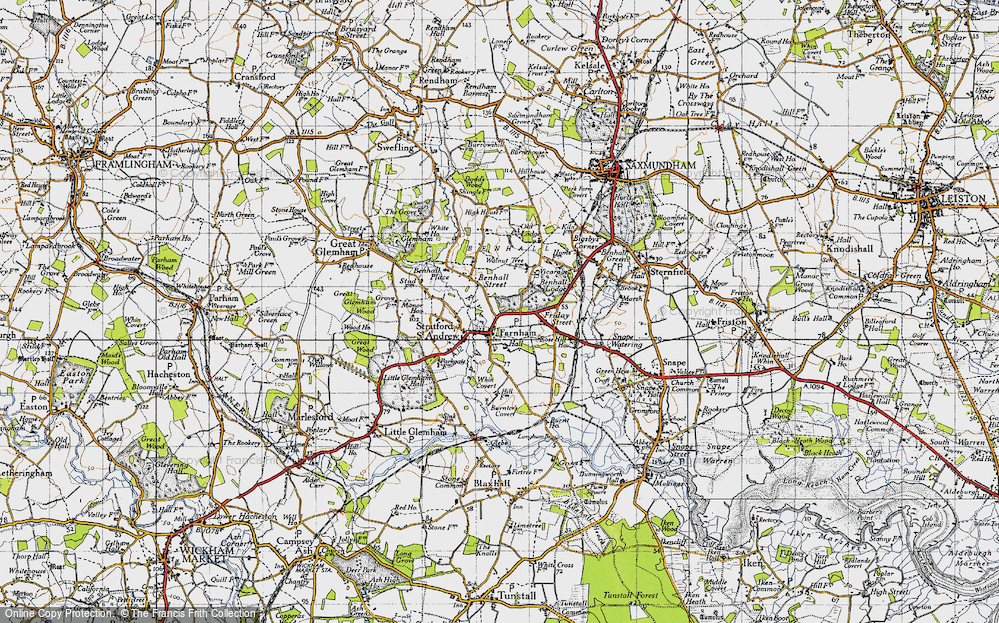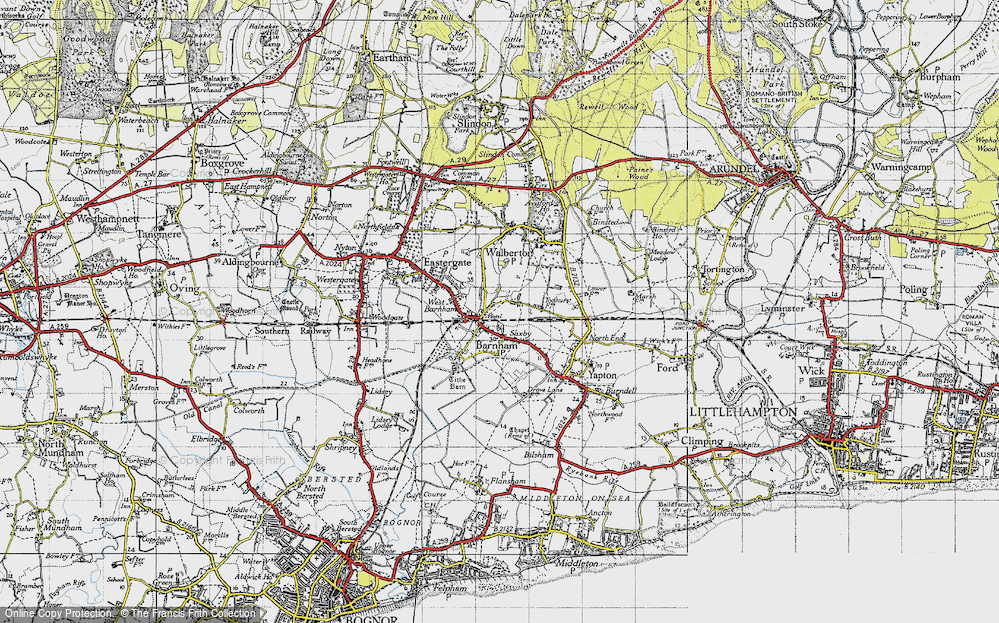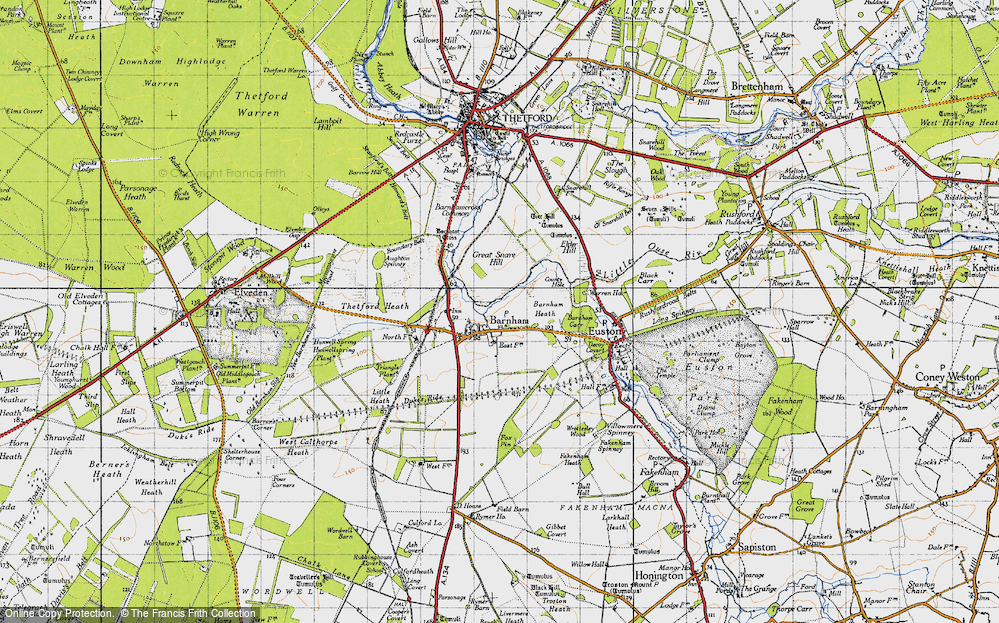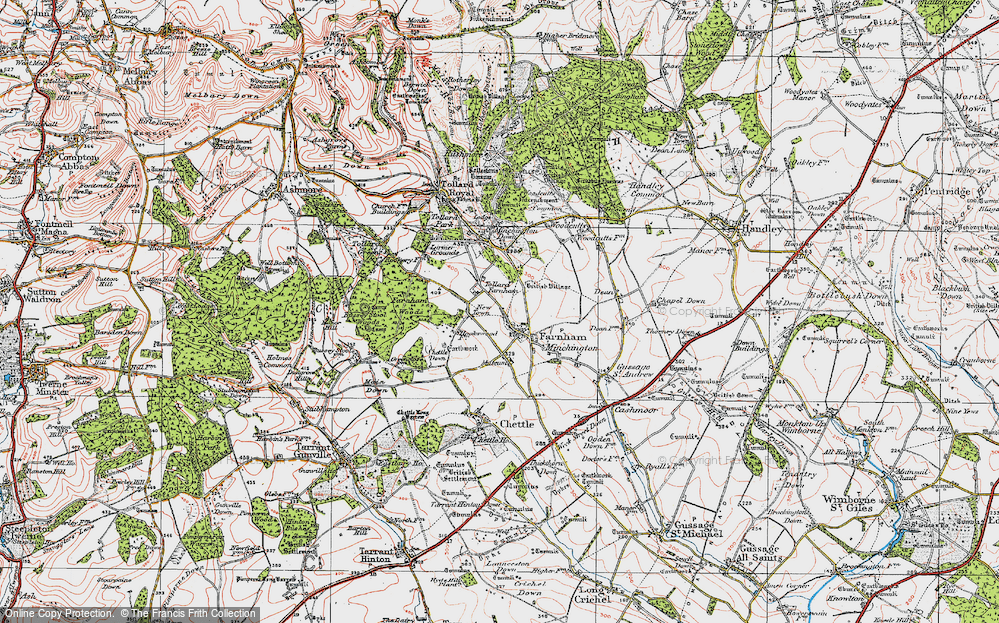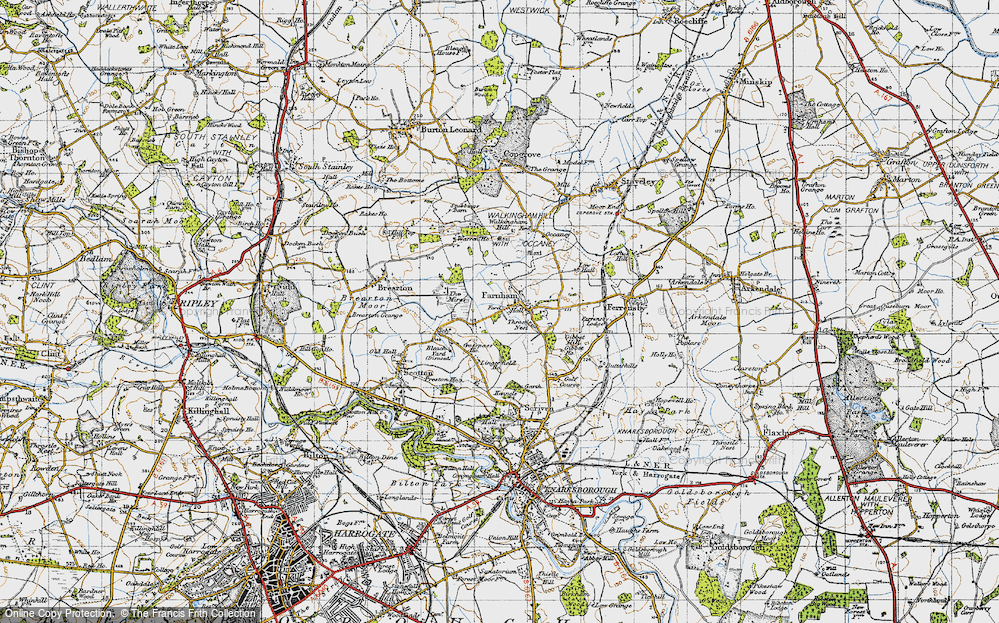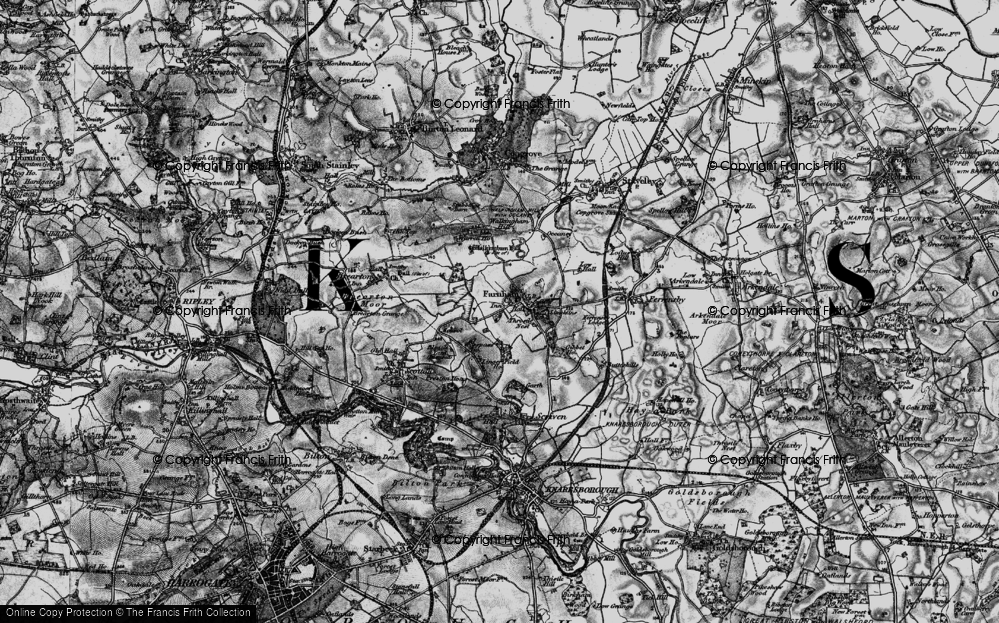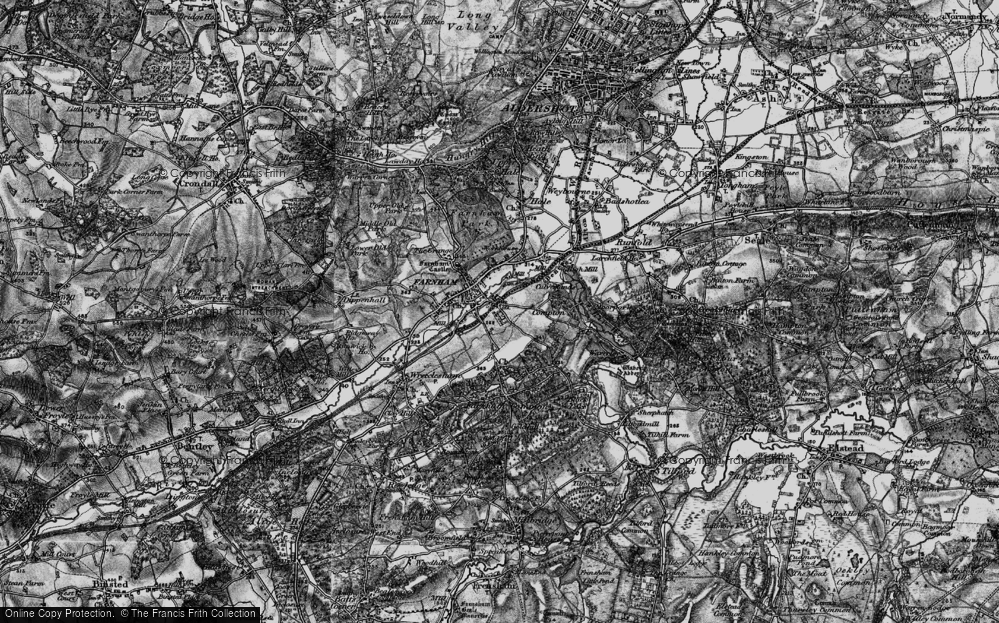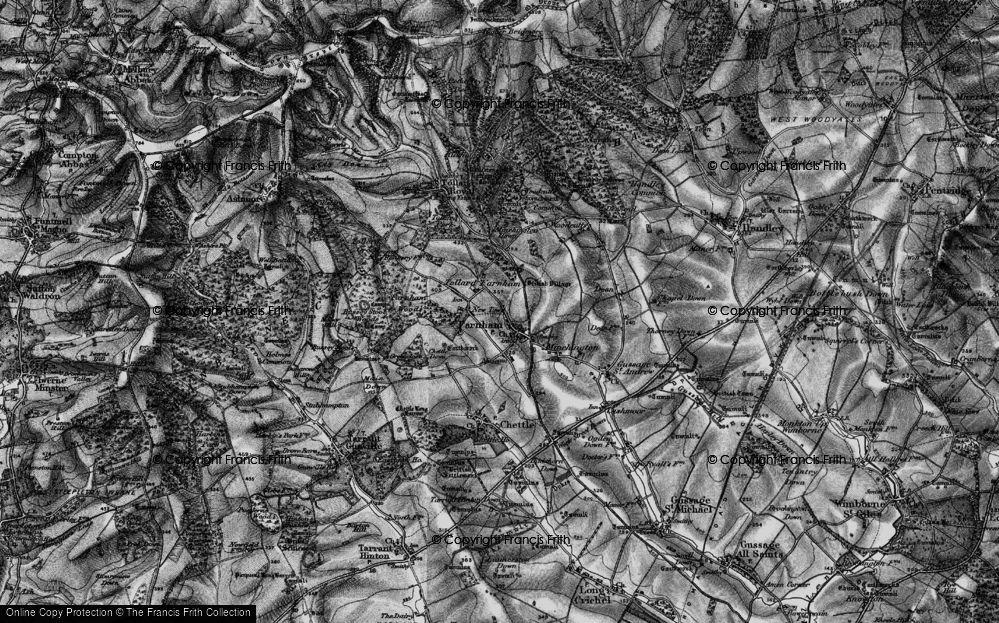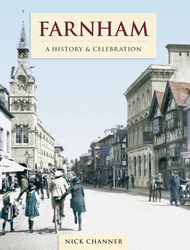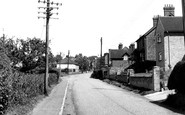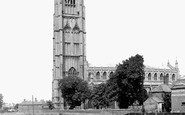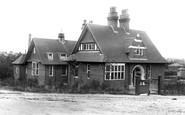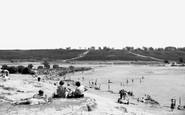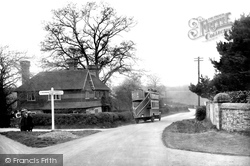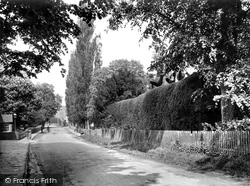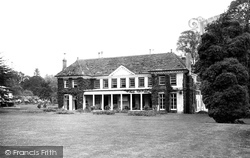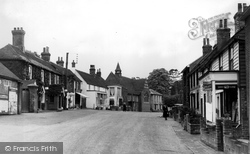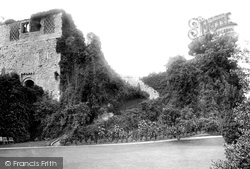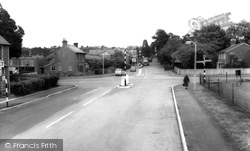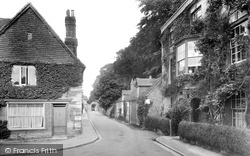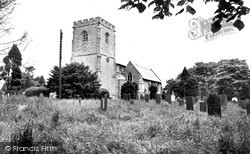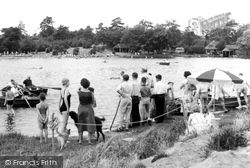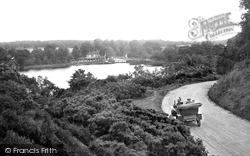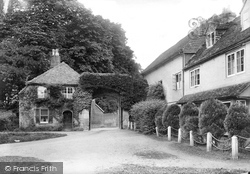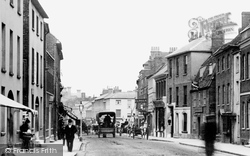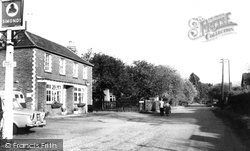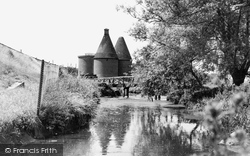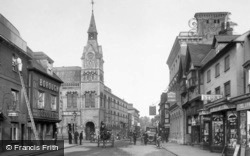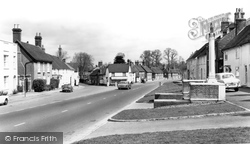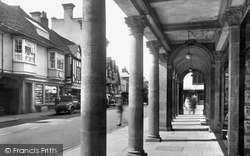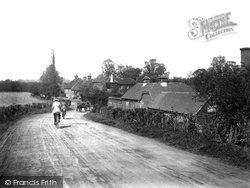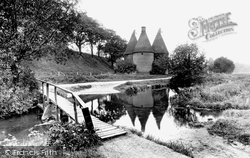Photos
93 photos found. Showing results 1 to 20.
Maps
80 maps found.
Memories
130 memories found. Showing results 1 to 10.
The Abbey Moor Park The Ghost Of Jonathan Swift
I went to Farnham art school in 1968-1971, and at that time, Moor Park was used as a conference centre, available for hire, and inclusive of staff and an elderly chaplain called Dr Bird. As ...Read more
A memory of Waverley Abbey Ho in 1969 by
Great Uncle John Street
I can remember visiting Warnham when I was very young, with my parents and brother Ron. We stayed with great uncle John, who was blind. I believe his wife's name was May, but I am not sure. My brother kicked a ...Read more
A memory of Warnham Court School by
Where I Grew Up Born 1944
My Mum and Dad moved into the village in the 1930's into a new house in Rogers Lane and lived there for 66 years. My father was the village tailor working from a workshop in the back garden. My mother was very ...Read more
A memory of Stoke Poges in 1950 by
The Boarding School
my name is lynn and i lived at warnham court school between 1980 and 1982 i miss being at the school also miss the friends i made .. my best friends was ivan smith ian brady miss cox and a few more.... i have ...Read more
A memory of Warnham Court School in 1981 by
Town Of My Great/Grt. Grandfather
My Great, great Grandfather--Thomas Garnham was married in this lovely church three days before the battle of Trafalgar in Oct---1805. He was described as a 'Sailmaker' at this time aged 24 years. He had ...Read more
A memory of Boston by
Warnham Court
I was at Warnham Court and in the young framers' club, leaving the school in 1968.
A memory of Warnham Court School in 1968 by
My Years At Warnham
My name is John Herron, I attended the school between 1970-1974 and still have fond memories of my days at the school. I remember the headmaster Mr King, my English teacher Mr Cooper, my geography teacher Mr Ward, ...Read more
A memory of Warnham Court School in 1970 by
Tonsils, Broken Arm And Two Children
First visit in 1957 - tonsils out, next time in 1959 - a broken arm. Then I had my two children there in 1970 & 1974. It was too small for my appendicitis; they took me to Farnham for that in 1961 and put me in the women's ward.
A memory of Aldershot in 1957 by
Bet Time Ever
I was sent to Warnham Court about 1953. Mr Savage was the head master. I can remember a boy called Ernie and one called John Knowland. I was understudy to a boy called ? Green who played Widow Twankey in the panto. I was ...Read more
A memory of Warnham Court School in 1953 by
Pierrepont House, Frensham.
I live in Australia. My grandfather was a butler and my grandmother a lady's maid at Pierrepont House in 1891 and 1901. Their names were George Veasey and Theodosia Veasey, nee Williams. My father, George Edward Veasey, ...Read more
A memory of Frensham in 1954 by
Captions
38 captions found. Showing results 1 to 24.
After the horses had been changed at Kingsfold, the stagecoaches ran through Warnham down Little London Hill, past Warnham Corner at the junction of Station Road.
Warnham watermill is on the site of an iron furnace; it has been nicely restored to workable order. Warnham Mill Pond is a beautiful iron industry water source with a large earth dam behind the mill.
Situated just outside Horsham, the village of Warnham is noted for its large mill pond.
Warnham parish lies mainly on Wealden clay about 2 miles north-west of Horsham.
Known as Warnham Stores, it operated until 1948, selling groceries, china, drapery, furniture, and products from its own bakery at the rear.
The poet Percy Bysshe Shelley, eldest son of Sir Timothy Shelley MP, was born on 4 August 1792 at Field Place in Warnham, where he spent his childhood.
The second view looks along Waldron Road into the High Street, with the London road turning beyond the houses on the right; the nearest of these, Warnham Cottage, is no longer a shop but a
Warnham watermill is on the site of an iron furnace; it has been nicely restored to workable order. The picture shows a neatly sculptured hedge topped with fine topiary peacocks.
The Cathedral spire dominated the surrounding countryside in previous centuries just as it does today.This view is from Harnham Hill, looking north eastwards across the Avon and an area of farmland
Here we see the ruined keep of Farnham Castle, romantically clothed with vegetation. Most English monarchs from Edward I to Queen Victoria have been entertained here.
Left takes you to Fleet and right to Farnham. Is the lady going to catch a bus to Farnham?
On the Salisbury side of Harnham Bridge, De Vaux Place leads to The Close—the Harnham Gate is at the far end of the wall.
The south aisle or Farnham Chapel contains monuments of interest, particularly one to John Farnham of Quorn Hall attributed to Epiphanius Evesham (1570-c1633), whose superb talent should have ensured
South of Farnham, on the greensand heathland, there are two famous and immensely popular lakes, Frensham Great Pond and Frensham Little Pond.
Situated on Frensham Common, and spanning 108 acres, the Great Pond and its smaller neighbour were constructed in the 13th century to supply fish for the Bishops of Winchester, who were then residing in Farnham
At the southern end of the Close is Harnham Gate, one of the three gates that served the cathedral; it is contemporary with the original 14th-century cathedral wall.
Farnham's long main street, with West Street at one end and East Street at the other and the Borough between, lies along an ancient route.
In Victoria Road, just east of the A355 as it passes through Farnham Common, the late 19th-century Victoria Hotel is now The Victoria, with its brickwork painted cream and the window jambs and quoins
During the 18th century hops were of prime importance to Farnham, which had five breweries and had more inns than any other town in Surrey.
An action-packed view of central Farnham on the eve of the First World War.
The Farnham Road (curving gently to the right) has recently been widened, and a row of poplar trees removed. The cottages are of different ages, but were probably refronted c1800.
It was built in the Neo-Georgian style to reflect Farnham's real Georgian buildings, which were erected when the town was the largest corn market in England.
It was once one of Farnham's hop- growing villages, and poles for the bines can be seen on the far left.
This pastoral scene alongside the River Wey still exists, in spite of the proximity of the busy Farnham by-pass behind the camera.
Places (1)
Photos (93)
Memories (130)
Books (1)
Maps (80)


